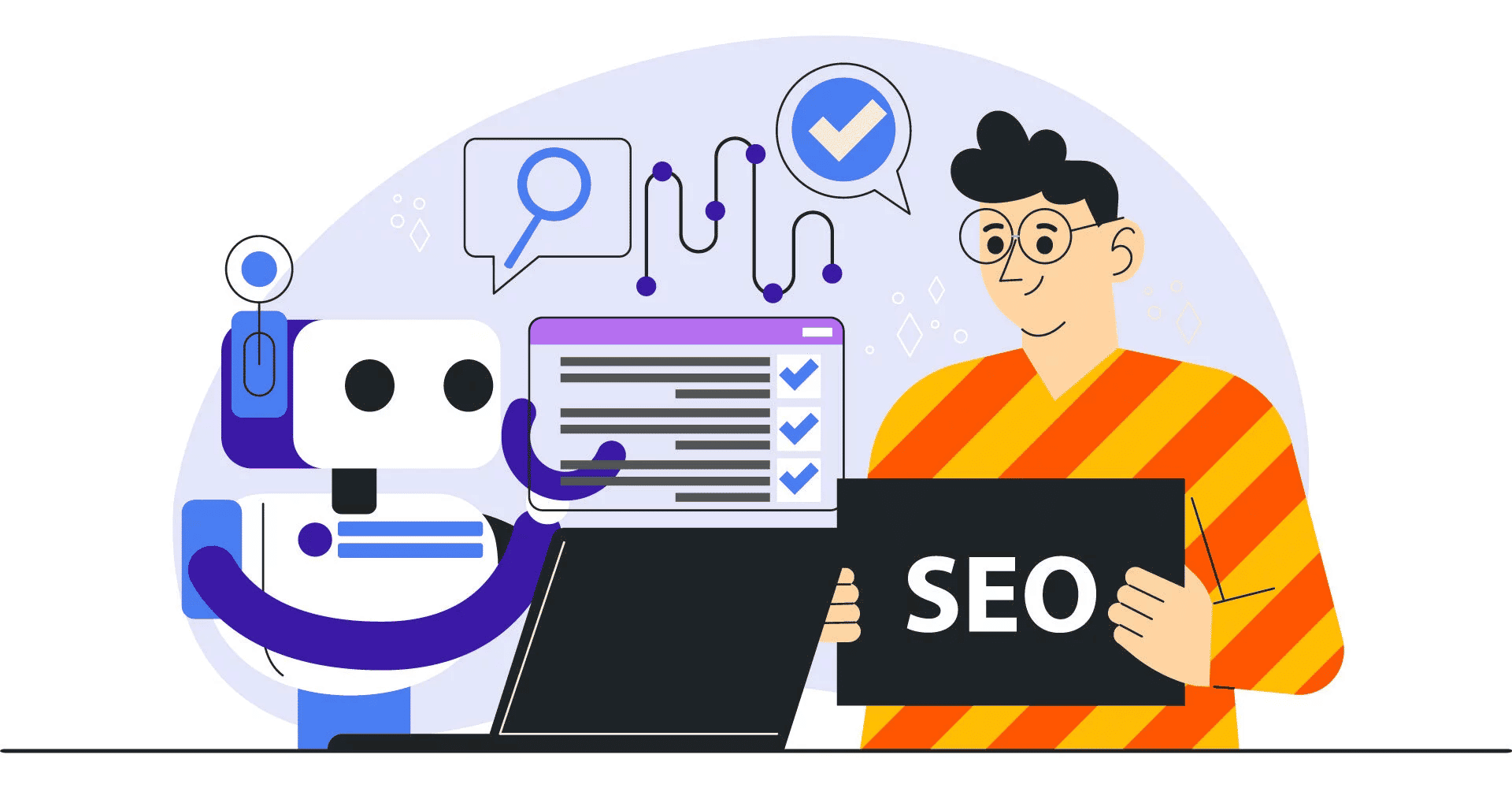In 2024, AI-powered chatbots are no longer a luxury for online businesses—they are a necessity. With the rise of e-commerce, 24/7 customer service demands, and the growing need for accessibility, AI-driven chatbots have become essential for providing fast, personalized, and efficient support. Here’s how they’re changing the game for online customer support.
1. Personalized Customer Interactions in Real Time
One of the most significant advantages of AI chatbots is their ability to deliver personalized, real-time customer support. Unlike traditional chatbots that rely on pre-set scripts, AI-powered chatbots leverage machine learning and natural language processing (NLP) to understand customer intent and context.
These smart bots can:
- Recognize customer preferences from past interactions.
- Offer tailored product recommendations based on browsing history.
- Resolve issues instantly by understanding user queries in natural language.
This personalized approach makes customers feel valued and heard, boosting customer satisfaction and brand loyalty.
2. 24/7 Availability Without Human Limitations
Unlike human support agents, AI chatbots are available 24/7, ensuring no customer is left waiting for assistance. Businesses no longer have to deal with time zone challenges or peak-hour delays. Whether it’s 3 a.m. or 3 p.m., AI chatbots are ready to help.
Key benefits of 24/7 availability include:
- Faster response times for customer inquiries.
- Reduced operational costs for businesses as fewer human agents are required.
- Increased customer satisfaction by minimizing wait times.
For companies handling a global customer base, this constant availability is crucial in maintaining a seamless user experience.
3. Handling High Volumes of Customer Queries
During peak shopping seasons or product launches, customer service departments are often overwhelmed with inquiries. AI-powered chatbots can handle multiple customer interactions at once, eliminating the risk of backlogs.
These chatbots can efficiently:
- Respond to thousands of inquiries at once without performance issues.
- Sort and prioritize queries based on urgency or complexity.
- Seamlessly transfer complex issues to human agents when necessary.
By automating repetitive queries and handling high volumes of requests, businesses can keep their support teams focused on more complex customer needs.
4. Voice User Interfaces (VUI) Are Reshaping Customer Support
With the rise of smart speakers and voice-activated devices, voice search optimization is becoming a top priority for businesses. Voice User Interfaces (VUIs) are being integrated with AI chatbots to offer hands-free, voice-driven customer support.
Benefits of VUIs include:
- Accessibility for users with disabilities who may have difficulty typing or navigating websites.
- Faster customer interactions as users can speak their queries instead of typing them.
- Compatibility with smart devices like Amazon Alexa and Google Home.
As more people adopt smart speakers, businesses are adapting to meet customer needs through voice-enabled customer service, making support more inclusive and convenient.
5. Cost-Effective Solution for Businesses
AI-powered chatbots reduce the need for large support teams, leading to significant cost savings for businesses. While the initial investment in AI technology may seem high, the long-term benefits far outweigh the costs.
Cost-saving benefits include:
- Lower staffing costs since fewer human agents are required.
- Reduced training expenses as AI chatbots continuously learn on their own.
- Increased efficiency and productivity for support teams.
By offloading repetitive inquiries to AI chatbots, businesses can allocate resources to more strategic, revenue-generating activities.
6. Boosting Accessibility and Inclusion
Accessibility is a growing priority for businesses aiming to serve diverse customer needs. AI chatbots, especially those with VUI capabilities, make online support more inclusive for users with disabilities.
Ways AI chatbots boost accessibility:
- Assistive support for visually impaired users through voice-activated interfaces.
- Multilingual support to cater to customers from different linguistic backgrounds.
- Simple navigation assistance for users who face difficulties with traditional web interfaces.
By prioritizing accessibility, businesses create a more inclusive experience, leading to higher customer satisfaction and positive brand perception.
7. Data-Driven Insights for Continuous Improvement
AI-powered chatbots collect valuable data from every customer interaction. This data can be used to identify patterns, detect customer pain points, and improve products or services.
Businesses can leverage this data to:
- Enhance chatbot performance through machine learning.
- Improve products and services based on customer feedback.
- Predict future customer needs for proactive support.
With real-time insights at their fingertips, companies can stay ahead of customer expectations and fine-tune their support strategies.
8. The Future of AI Chatbots in Customer Support
The role of AI chatbots in online customer support will only grow in the coming years. As AI technology continues to evolve, chatbots will become more human-like, understanding emotions and delivering more empathetic responses.
Trends to watch for in 2024 include:
- AI chatbots with emotional intelligence to detect customer frustration and respond appropriately.
- Seamless VUI integration with more smart devices and apps.
- Proactive support bots that anticipate customer needs before they even ask for help.
Businesses that invest in AI chatbot technology today will be well-positioned to meet the growing demands of modern customers.
Conclusion
AI-powered chatbots are transforming online customer support by providing personalized, real-time assistance, offering 24/7 availability, and ensuring accessibility for all users. Voice User Interfaces (VUIs) are making customer interactions faster and more inclusive, while businesses enjoy reduced costs and access to valuable customer insights.
With advancements in AI technology, the role of chatbots will continue to expand, making them indispensable tools for customer support. Companies that embrace this shift will not only deliver better customer experiences but also gain a competitive edge in the digital marketplace.







